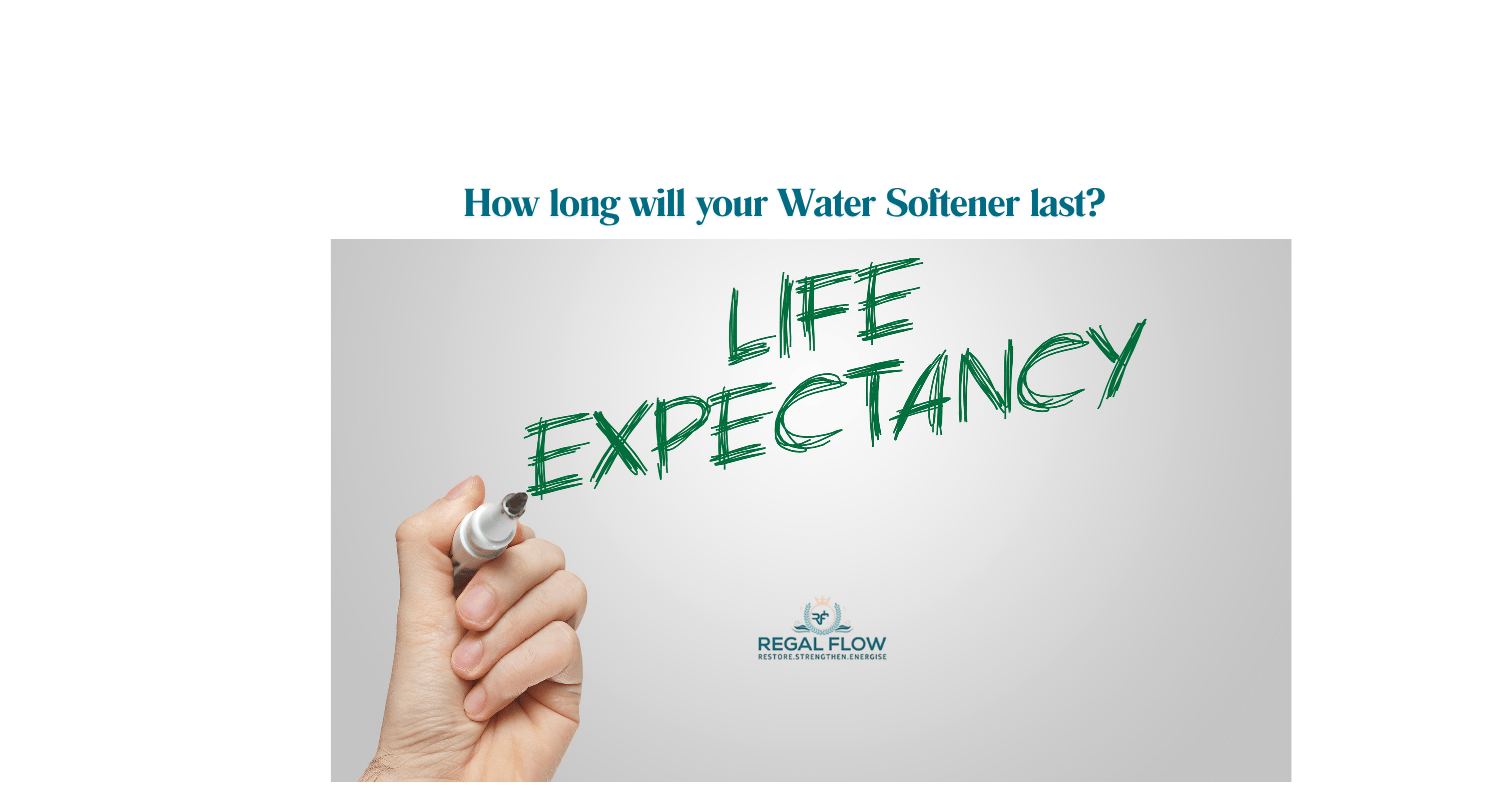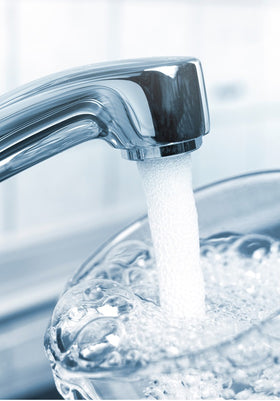
What is the Life Expectancy of a Water Softener?
In the United Kingdom, knowing how long a water softener lasts is very important. It helps keep your home's water system working well while managing Environmental & Cost impact. A water softener is key in making water softer. This protects your pipes and appliances from harm. Knowing its lifespan helps you plan ahead and ensures you get the most from your investment—both financially and sustainably.
Understanding the Longevity of Water Softeners
If you’ve ever dealt with stubborn limescale on taps or cloudy glasses from the dishwasher, you’ll know how valuable a water softener can be. But just like any household appliance, they don’t last forever. Knowing how long yours will run—and how to keep it ticking—is essential to making the most of it.
Average Lifespan of a Typical Water Softener
On average, a salt-based water softener in the UK lasts around 10 to 15 years. That’s assuming it’s looked after and installed properly. Salt-free models tend to last longer—up to 20 years—since they have fewer moving parts and don’t rely on the same kind of regeneration cycles. Magnetic softeners are the wildcard. They're easier to maintain but typically last between 5 and 10 years, and their performance can be hit or miss depending on your water source. Think of your water softener like a car. The better you maintain it, the longer it’ll last—and the smoother it’ll run.
Factors Influencing Life Expectancy
What makes one softener outlive another? It often comes down to a few key factors.
Quality of the Unit
You wouldn't expect a budget kettle to last a decade, and the same goes for water softeners. Cheaper models may start struggling within a few years. A high-quality unit from a trusted brand can push well past the 10-year mark. Look for units with strong warranties and positive reviews—especially ones suited to UK water conditions.
Frequency of Regeneration
If your softener is regenerating too often, it’s under strain. If it regenerates too rarely, it might not be working effectively. It all comes down to sizing. A properly sized system for your household’s water use helps strike the right balance, protecting the resin and keeping salt use in check.
Water Quality
The harder your water, the harder your softener has to work. Homes in places like Kent or Essex can have extremely high calcium and magnesium levels. Add things like high iron content or sediment into the mix, and you’ve got even more wear on the system. Systems in tough areas will need more frequent attention.
Regular Maintenance
You wouldn’t drive 20,000 miles without checking your oil. A water softener needs the same kind of love. Cleaning the brine tank, checking salt levels, and watching for leaks all help stretch the system’s lifespan. Skipping maintenance is one of the fastest ways to shorten its life.
Signs That Your Water Softener Might Be Failing
Water softeners don’t suddenly break down—they usually start dropping hints. Here’s what to watch for:
-
Limescale returns: If you notice white residue on your taps or shower screen again, your softener may be underperforming.
-
Soaring salt usage: Burning through more salt than normal? Something’s off with the regeneration process.
-
Strange noises: Clunking or whirring could indicate a mechanical fault.
-
Rising water or energy bills: Hard water forces appliances to work harder and use more energy.
-
Visible damage: Rust, cracks or leaks near the tank are all red flags.
If you catch these signs early, you might avoid a full replacement—and just need a repair or tune-up.
Tips to Extend the Life of Your Water Softener
Think of maintenance as cheap insurance. A few simple habits can add years to your softener’s life.
Regular Salt Refills
This one’s basic—but essential. Check your salt level at least once a month. Running low on salt means your softener can't regenerate properly. Use the correct type too—tablet or block salt is best for UK units.
Periodic Cleaning of the Brine Tank
Every 3 to 6 months, it’s time to give the brine tank a clean. Scoop out any sludge or hardened salt, then rinse it thoroughly. This keeps salt flowing freely and helps prevent system errors or blockages. If it’s looking murky or smells odd, don’t wait—get cleaning.
Timely Repairs
Ignoring small issues is like ignoring a leaky roof—sooner or later, you’ll regret it. If your softener is acting up, call a technician early. Replacing a valve or fixing a control head is far cheaper than replacing the whole system.
Conclusion: Getting the Most Out of Your Investment
A water softener is one of those behind-the-scenes heroes of your home. It protects everything from your boiler to your washing machine—and makes your morning cuppa taste better too. To get the most from your system, you need more than just a good unit. You need proper care, regular checks, and a bit of attention to detail. Spot the early warning signs, choose quality over cost-cutting, and keep up with maintenance. That way, your softener can deliver soft, clean water for many years to come. It’s not just about extending the life of your water softener—it’s about protecting your entire home from hard water’s sneaky damage.
More Water Softener Help
Does a Water Softener Affect Pipes?



Leave a comment